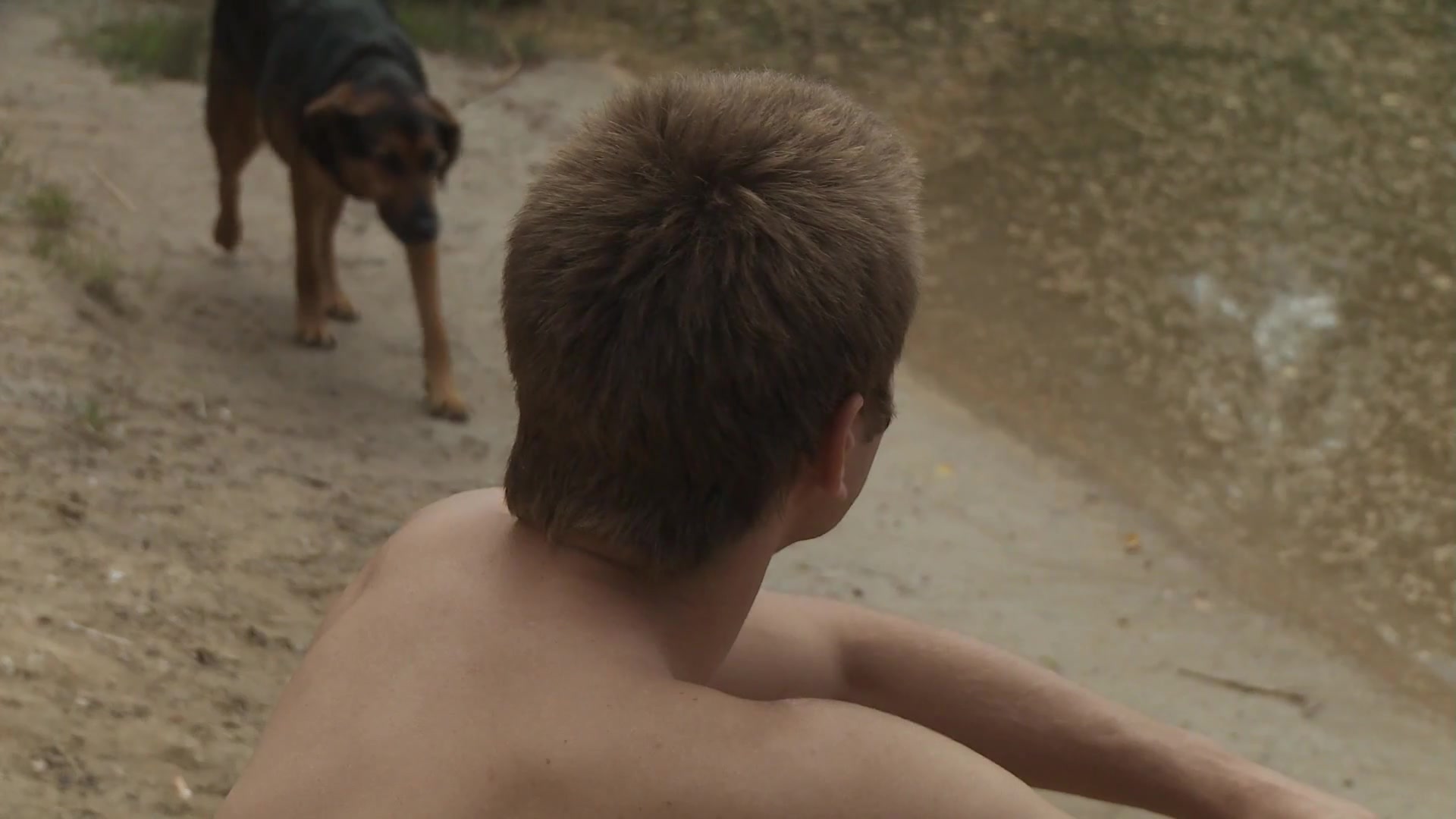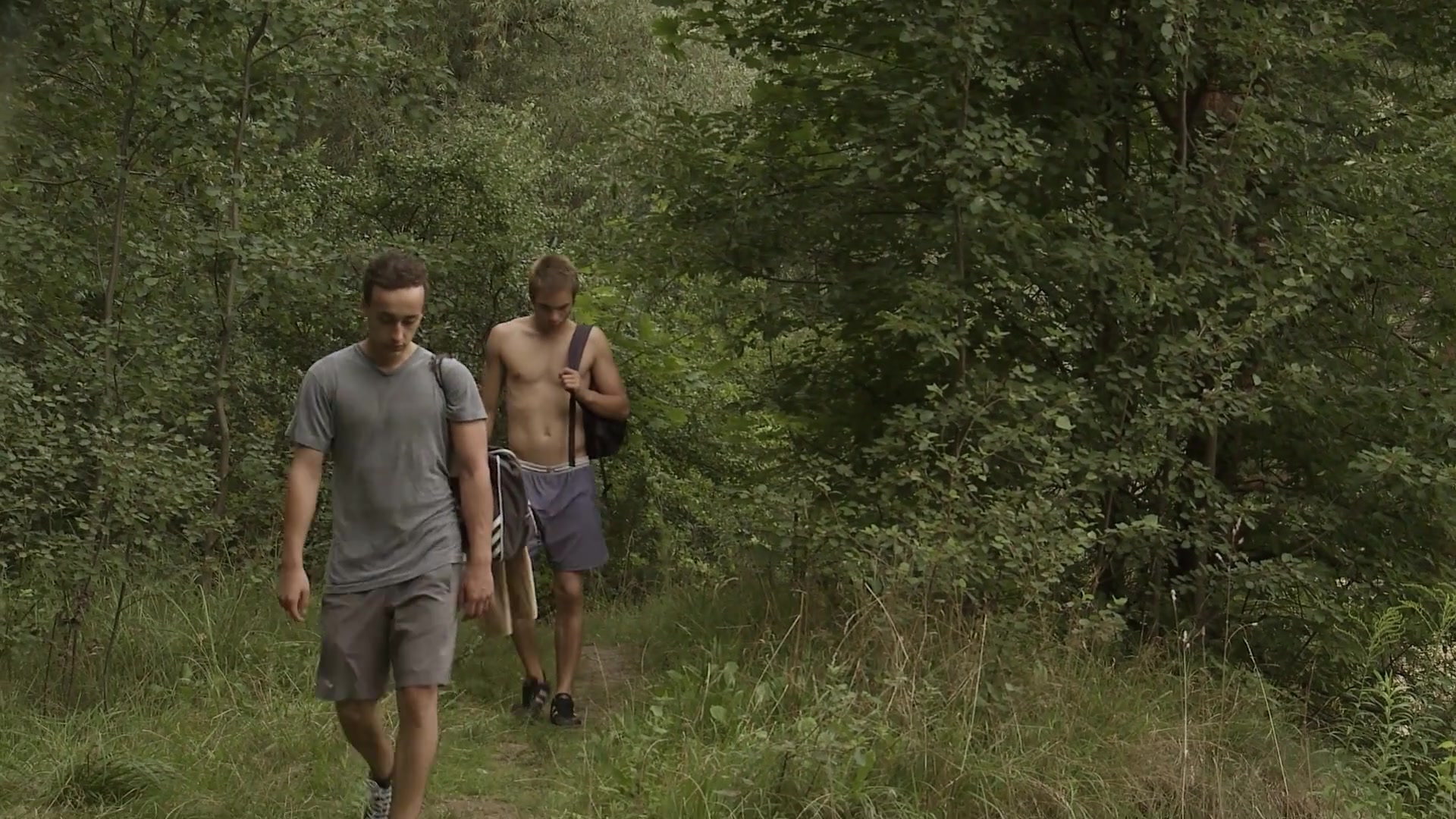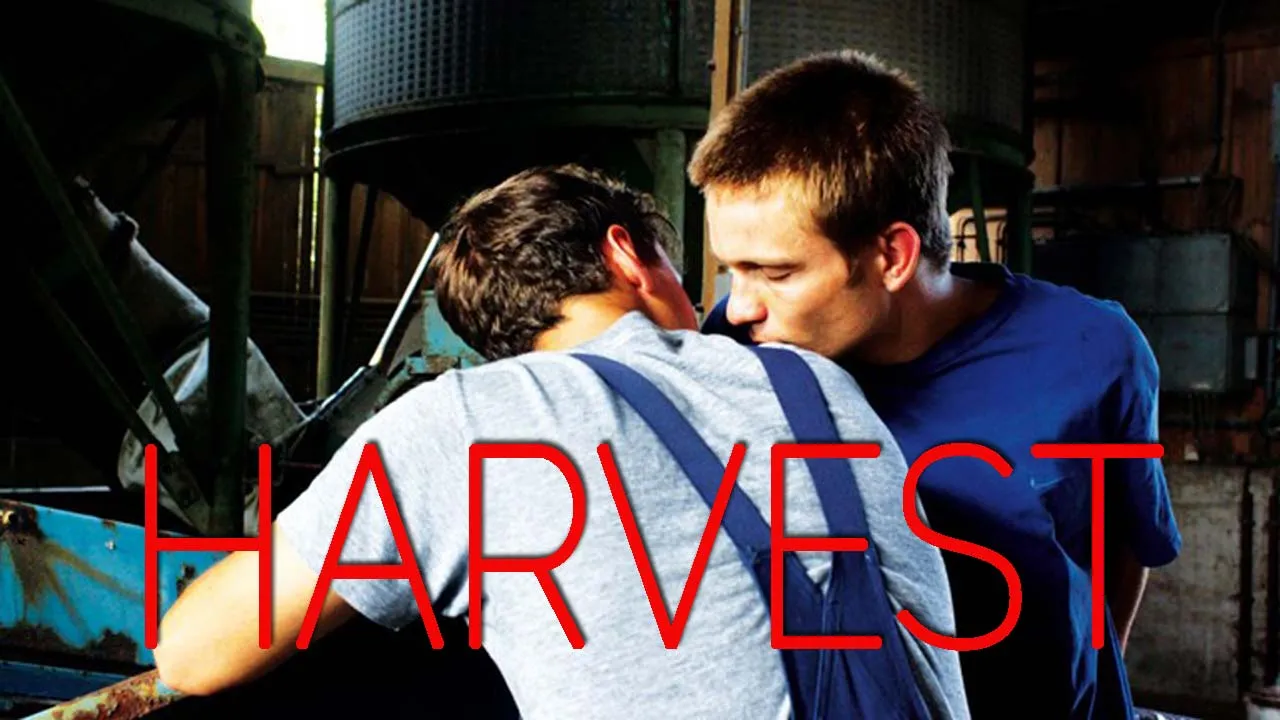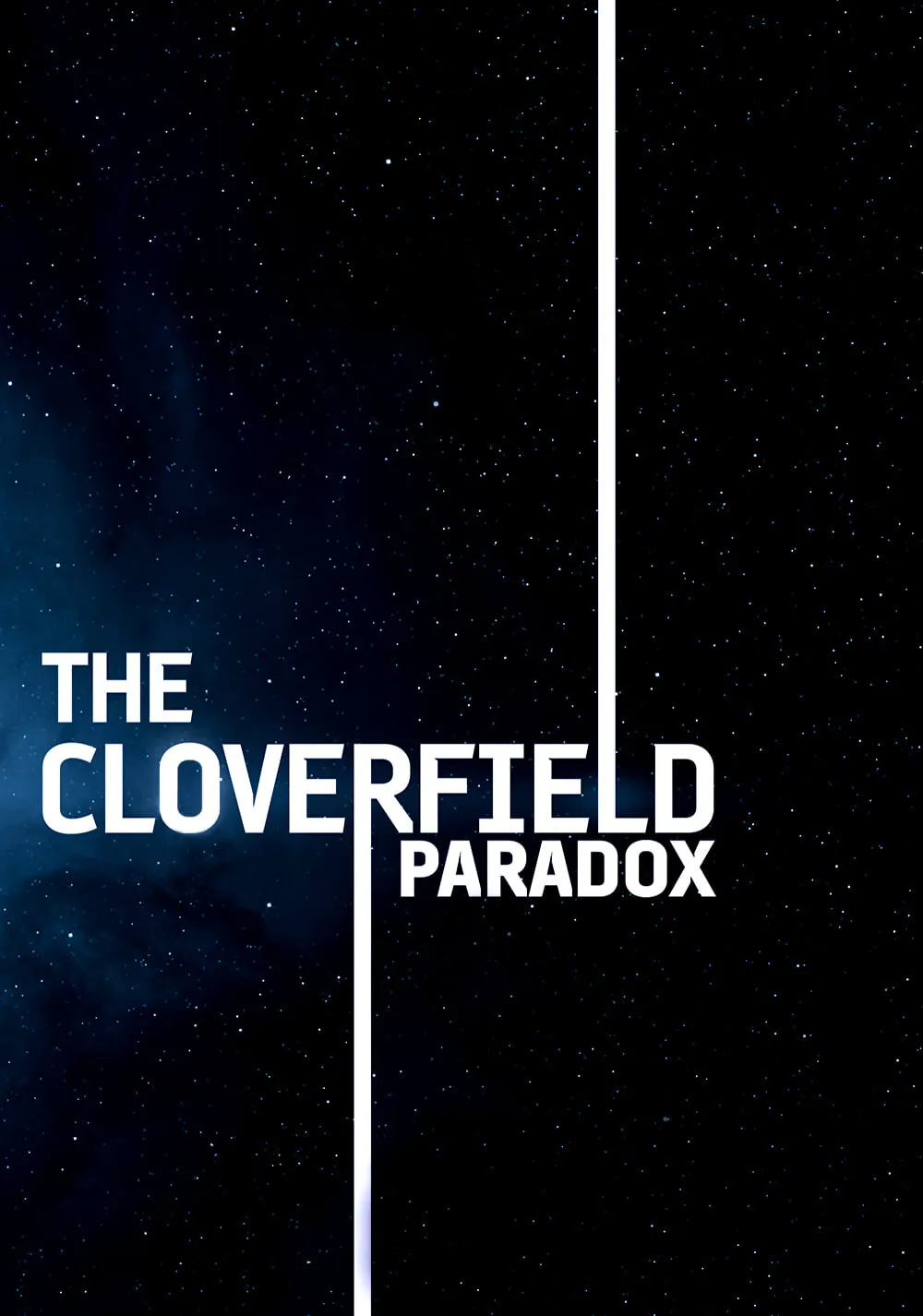Harvest (original title: Stadt Land Fluss) is a quiet, emotionally resonant German drama released in 2011, directed by Benjamin Cantu. Set in a rural agricultural training school just outside Berlin, the film offers a contemplative look at identity, love, and personal growth through the lens of two young men navigating their formative years.
The story centers on Marko, a shy and disciplined student who lives and works on a farm as part of his vocational training. His days are marked by strict schedules and manual labor, and he seems content to remain unnoticed. Marko's routine, however, begins to change when Jakob, a new apprentice with a mysterious past and an urban background, joins the program.

Jakob is more open and confident than Marko, having left behind a former life in the banking world. The contrast between their personalities adds tension and curiosity to their budding friendship. As the two young men spend more time together in the fields, stables, and quiet dormitory halls, a deep emotional connection begins to form.
What starts as subtle companionship slowly blossoms into something more intimate. Neither Marko nor Jakob speaks openly about their feelings at first, and the film’s strength lies in its unspoken glances, awkward silences, and small gestures. This restrained storytelling adds authenticity to their relationship, making it both tender and believable.

The film is shot with natural lighting and minimal camera movement, enhancing the realism of the characters’ environment. The rural setting—with its vast open landscapes and earthy textures—mirrors the characters’ emotional isolation and their gradual steps toward self-discovery. The cinematography is understated but beautiful, perfectly capturing the film’s contemplative tone.
Rather than relying on drama or sensationalism, Harvest invites the viewer into a slice of real life. There are no villains or grand conflicts—just two young men finding solace and understanding in each other. Their relationship grows organically, with moments of vulnerability and quiet courage that are deeply moving.

The film subtly critiques traditional expectations around masculinity and sexuality in rural communities, offering a refreshing portrayal of LGBTQ+ experiences that is grounded in reality rather than stereotypes. It gives space to silence, introspection, and emotional honesty, making it a powerful coming-of-age story.
Harvest was well-received at the 2011 Berlin International Film Festival and won the Siegessäule Readers’ Award. It's a gentle, human story about finding connection where it’s least expected. Through its soft-spoken narrative and heartfelt performances, the film leaves a lasting impression on anyone open to its quiet beauty.



